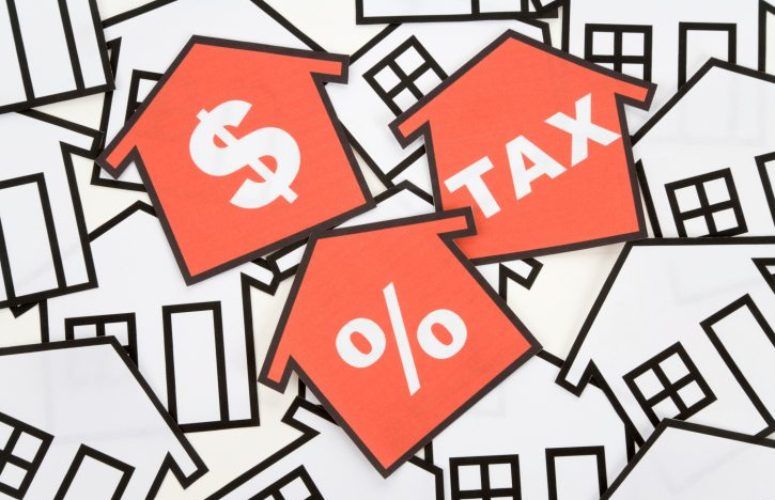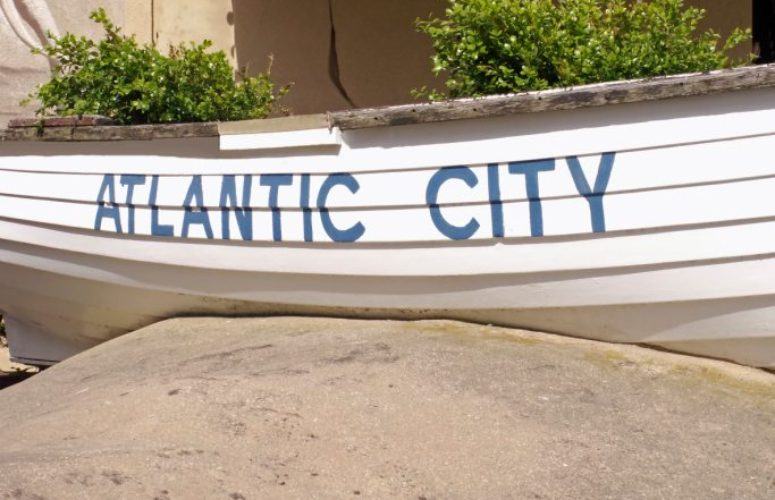
No Tax Increases, but Plenty of Spending
At Issue
By Andrew Musick, NJBIA Vice President of Government Affairs On Aug 31, 2019Any potential for major controversy over the FY 2020 State Budget ended a few days before the constitutional deadline. Gov. Phil Murphy announced he would sign the budget on June 30 even though the Legislature did not give him the higher taxes and new fees he wanted.
The good news for New Jersey businesses is the Legislature held firm on its pledge not to increase taxes. But that did not stop lawmakers from adding plenty of new spending to the plan before sending it to the governor, and that is a concern because higher spending often leads to higher taxes in the future.

Andrew Musick, NJBIA Vice President of Government Affairs
Murphy requested three revenue-raisers for this year’s budget: He wanted to extend the current 10.75% top gross income tax rate to all income over $1 million (right now, it applies to income over $5 million); impose a Corporate Responsibility Fee of $150 on all employers that have more than 50 employees receiving state Medicaid benefits; and increase fees or assessments on opioid drug manufacturers and distributors.
The Legislature approved none of these. In fact, the closest they came to changing the tax code was to expand the Angel Investor Tax Credit program, which NJBIA supports because it provides greater incentives for investors in qualified innovation-based businesses.
But government spending is another story. The two budgets enacted after Murphy took office have increased spending by 11% over FY2018. NJBIA has continually raised concerns about being able to sustain this level of spending, particularly when the state’s public employee pension liability and post-employment benefit obligation has grown to more than $151 billion.
This year, lawmakers added an additional $50 million in funding for NJ TRANSIT above the governor’s request, and, in cooperation with the administration, included a total surplus of $1.276 billion, perhaps the highest ever for a New Jersey state budget, but still well below what it should be. A $3.8 billion public pension payment was included, as well, in part to pay down a portion of the above-mentioned liability, which is one of the highest in the country.
Murphy used the line-item veto to eliminate $48.5 million in the final FY 2020 State Budget, $38 million of which would have been used to study and implement shared services and school district consolidation ($10 million is still available for this initiative). He also directed the Treasury’s Office of Management and Budget to place $235 million in discretionary spending in reserve, not spending the appropriation until “savings assumed in this budget materialize, current revenues reliably over-perform, or the Legislature authorizes new revenues.”
These moves only modestly tempered the “feel-good” nature of this budget, however. After all, it did not raise taxes, and the 10-year long economic expansion of the national economy gave the state plenty of revenue to fund budget requests.
So why is NJBIA concerned? While this year’s budget contained no tax increases, the $1.5 billion in tax increases enacted last year are still in place. And it doesn’t change New Jersey’s current tax climate, which is one of the worst in the country. In fact, the state maintains the top Corporate Business Tax rate, income tax rate, sales tax rate and property tax rate in our region and is among the highest in these categories nationwide. Plus, the governor has promised to continue the call for more taxes, including the so-called millionaires tax.
New Jersey doesn’t have a revenue problem, it has a spending problem. We should try to remember that, even in times when there is little controversy over the budget. How sustainable will this $38.7 billion spending plan be once the inevitable economic downturn occurs? It’s a worrisome question.
To access more business news, visit NJB News Now.
Related Articles:





